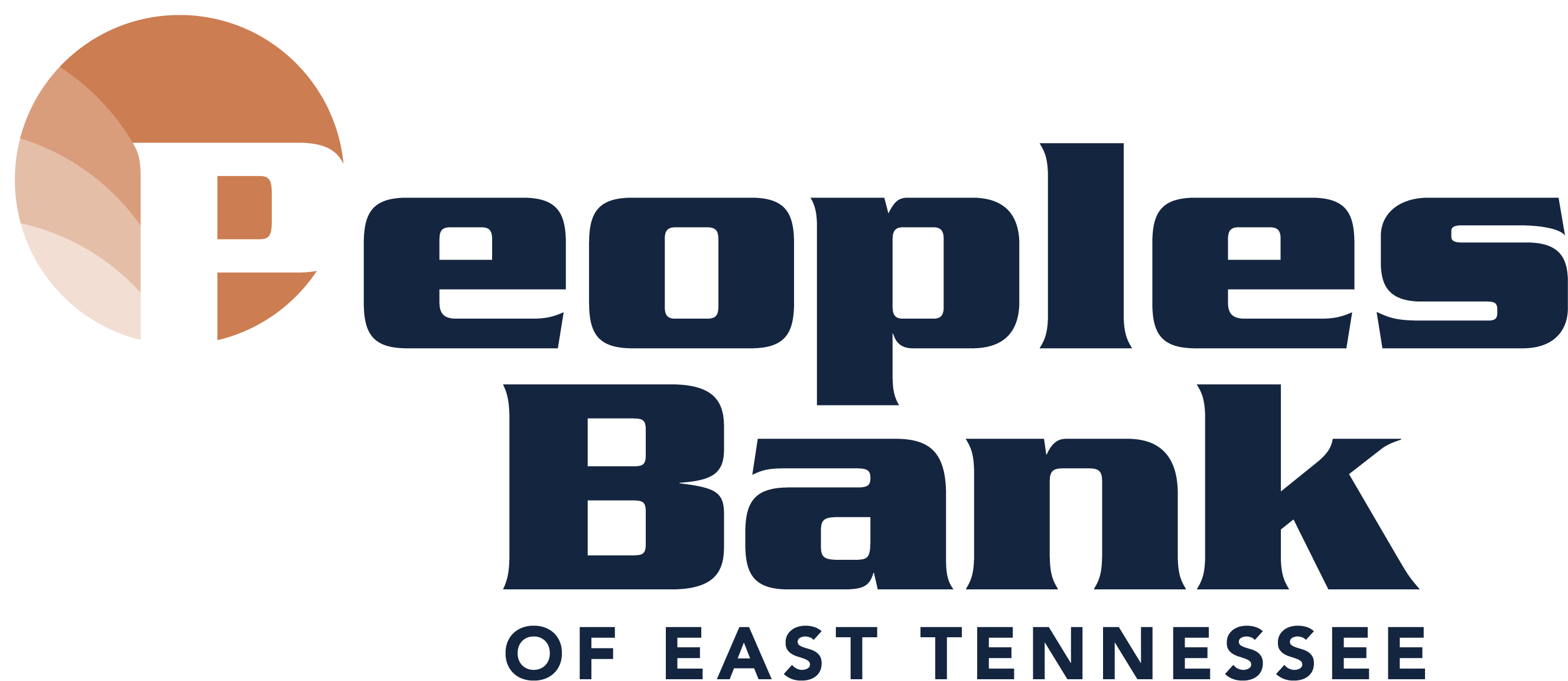Protect Yourself from Identity Theft
Tools to Prevent IDENTITY THEFT
The number of Americans who have experienced identity theft has surpassed 27 million, with the incidence rate increasing every year. Substantial measures are in place at your bank to protect your identity and your accounts against theft and fraud. For example, stringent bank privacy policies protect your personal and financial information. Password protection for online transactions helps assure online security. When using our online services, you develop a secret password that only you know. Encryption of online transactions with your bankconverts your information into secure code, protecting you against hackers. Maximum security is possible only with your help.
Here’s what you can do to stop these crimes before they happen:
-
- Do not give out financial information such as checking and credit card numbers, or your Social Security number, unless you know the person or organization.
- Report lost or stolen checks immediately. Your bank will block payment on them.
- Notify your banker of suspicious phone inquiries such as those asking for account information to “verify a statement” or “award a prize.”
- Closely guard your ATM Personal Identification Number and ATM receipts.
- Shred any financial solicitations and bank statements before disposing of them.
- Put outgoing mail into a secure, official Postal Service collection box.
- If regular bills fail to reach you, call the company to find out why.
- If your bills include questionable items, don’t ignore them. Instead, investigate immediately to head off any possible fraud.
- Periodically contact the major credit reporting companies to review your file and make certain the information is correct. (See related article on the FACT Act to learn about obtaining free reports.)
FACT Act Will Help Fight Identity Theft
Free credit report, other provisions help consumers
The Fair and Accurate Credit Transactions Act (FACT Act) will help reduce identity theft according to Congress and the Federal Trade Commission. For example, one provision requires the three major credit-reporting agencies to provide consumers with a free copy of their own credit report. The requirement took effect December 2004, with phase-in over nine months from West to East. By September 2005, all parts of the country were covered.
Another provision to help prevent identity theft is the National Fraud Alert System. Consumers, who reasonably suspect they have been or may be victimized by identity theft, or who are military personnel on active duty away from home, can place an alert on their credit files. The alert will put potential creditors on notice that they must proceed with caution when granting credit.
Other measures will help consumers recover their credit reputation after they have been victimized:
- Credit reporting agencies must stop reporting allegedly fraudulent account information when a consumer establishes that he or she has been the victim of identity theft;
- Creditors or businesses must provide copies of business records or fraudulent accounts or transactions related to them. This information can assist victims in proving that they are, in fact, victims.
- Consumers will be allowed to report accounts affected identity theft directly to creditors – in addition to credit reporting agencies – to prevent the spread of erroneous information.
HOW TO OBTAIN A FREE CREDIT REPORT:
www.annualcreditreport.com
(877) 322-8228
The bottom line: If you have any questions or concerns about protecting your financial identity, come in and visit your banker.
Credit Reporting Bureaus
- Equifax (www.equifax.com)
Place a fraud alert: 1-888-766-0008
Order a credit report: 1-800-685-1111 - Experian (www.experian.com)
Place a fraud alert: 1-888-397-3742
Order a credit report: 1-888-397-3742 - TransUnion (www.transunion.com)
Place a fraud alert: 1-800-680-7289
Order a credit report: 1-800-888-4213
Scam Prevention
The Tennessee Department of Commerce has a informational website educating the public of the various types scams.
The Scams, Schemes & Swindles webpage managed by the TN Dept. of Commerce and Insurance serves as a central location for scam information with links to fraud and scam webpages of other departments and agencies. The webpage provides common scam information related to dozens of scams impacting all individuals including elderly financial scams like the Medicare brace scam or the grandparent scam.
The site includes helpful links about the scam and some resources to help educate consumers, such as this infographic developed in partnership with the ABA Foundation and the FTC that shows the signs of and gives tips to avoid all the different scams including online dating.
Elder Abuse Prevention
Senior Investor Tips
- If a stranger asks for money, proceed with caution. Swindlers can take advantage of your good manners.
- Make sure you invest with a licensed investment adviser. You can ensure a broker is licensed here.
- Beware of salespeople who prey upon your fears. Fear can blind your good judgment. Only invest when you have all the facts and feel comfortable.
- Don’t be embarrassed to report fraud or abuse. Every day you delay reporting fraud or abuse is another day the scammer is spending your money and finding new victims.
If you suspect that you might be a victim of securities or insurance fraud, or if you would like to file a complaint or speak with an investigator, please contact the Tennessee Securities Division – Financial Services Investigations Unit at (615) 741-5900 or visit Tennessee Securities Website website. Other types of elder abuse involving abuse, neglect or exploitation should be reported to the Tennessee Department of Human Services, Adult Protective Services Unit by phone at (888) 277-8366 or by visiting https://reportadultabuse.dhs.tn.gov/.


